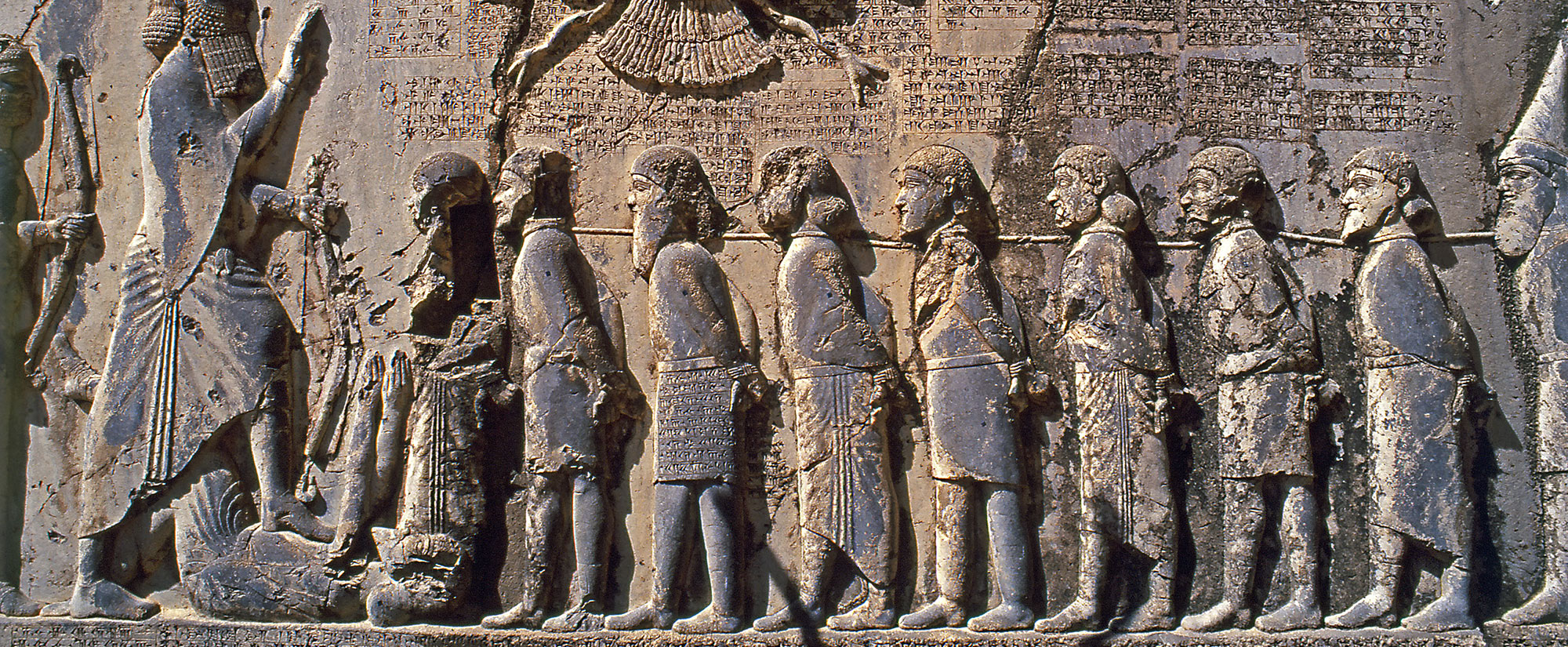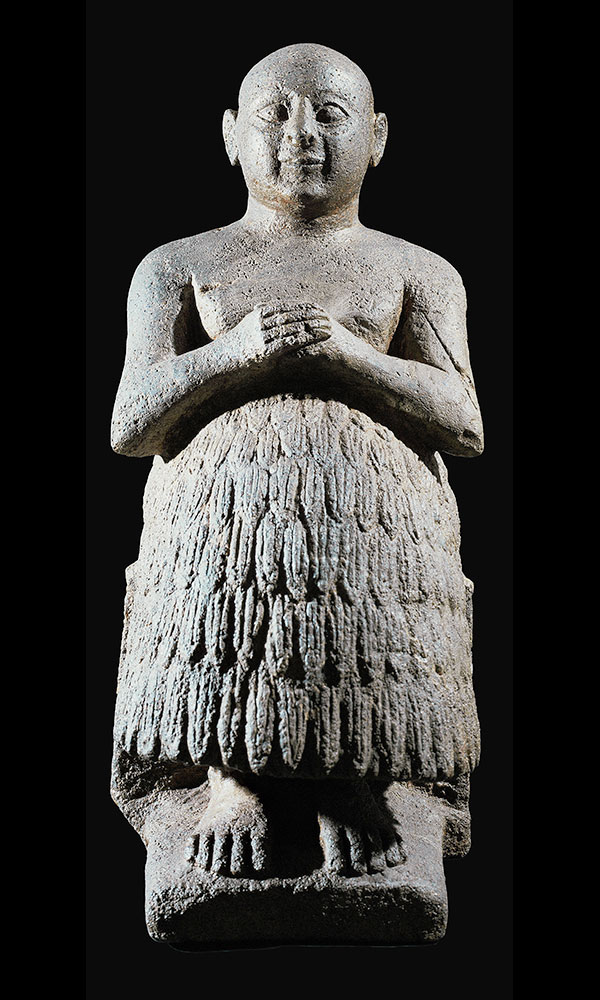MÉRIDA, MEXICO—According to a report in Fox News Latino and the Mexico City newspaper Excelsior, Beatriz Quintal Suaste of the Yucatán National Institute of Anthropology and History says that an observatory at the Early Classic Maya site of Acanceh may have helped priest-astronomers track the movement of the planet Venus. The third-brightest object in the sky after the sun and the moon, Venus is thought to have been represented in Maya mythology by a god named Noh Ek. The new study suggests that the southern edge of the observatory aligns with the northernmost position of Venus in the night sky. Three codexes found at the site support the idea that the ancient astronomers would have been able to track Venus’s 584-day cycle through the sky from the observatory.
Maya May Have Tracked Venus From Acanceh Observatory
News June 2, 2016
SHARE:
Recommended Articles
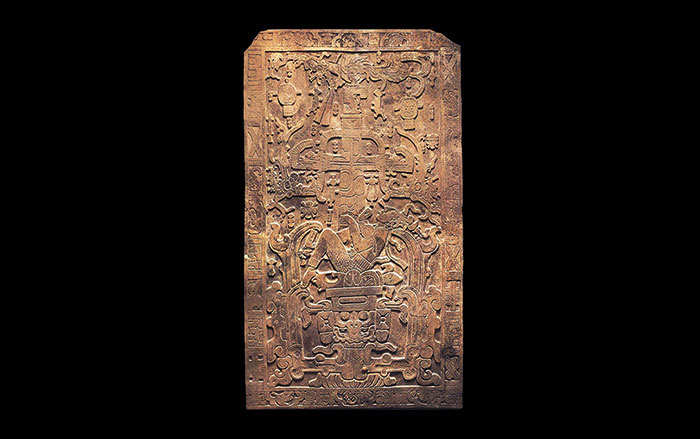
HIP/Art Resource, NY
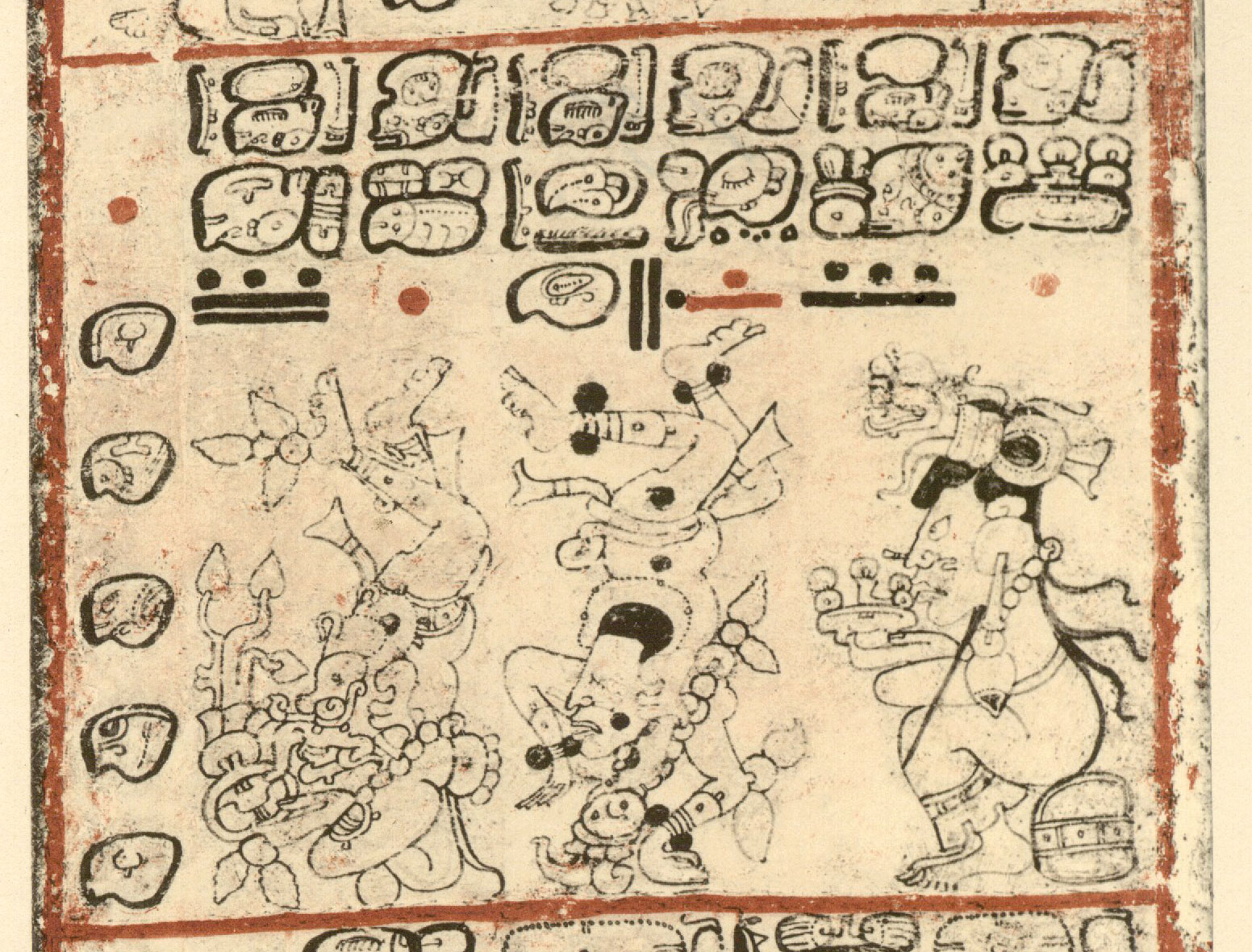
SLUB Dresden, Mscr.Dresd.R.310, http://digital.slub-dresden. de/id280742827 (Public Domain Mark 1.0)
Digs & Discoveries July/August 2023
A Game to Remember
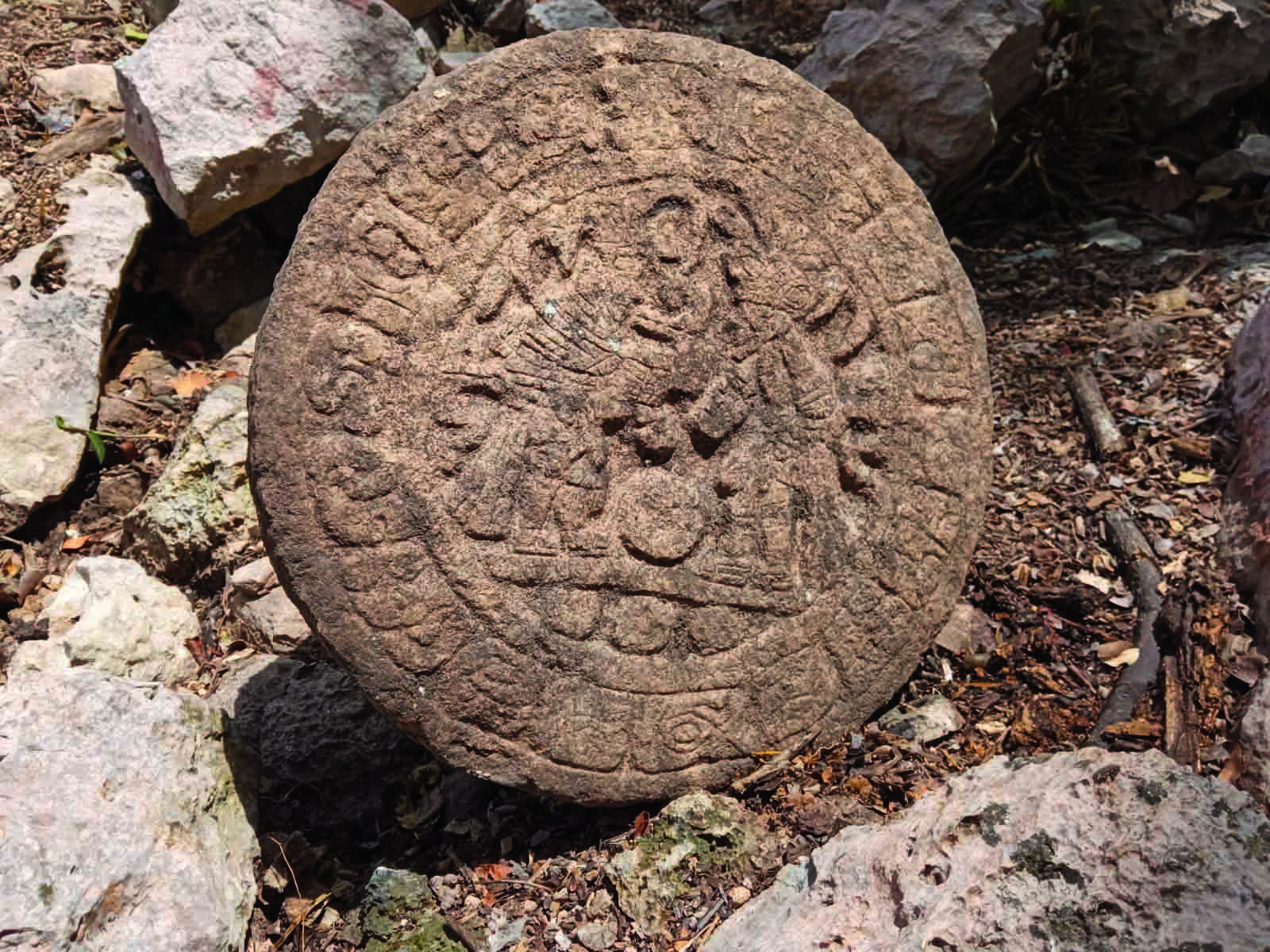
(Courtesy INAH)
Features January/February 2023
Jungle Realm of the Snake Queens
How women ascended the ranks in the highstakes world of Maya politics
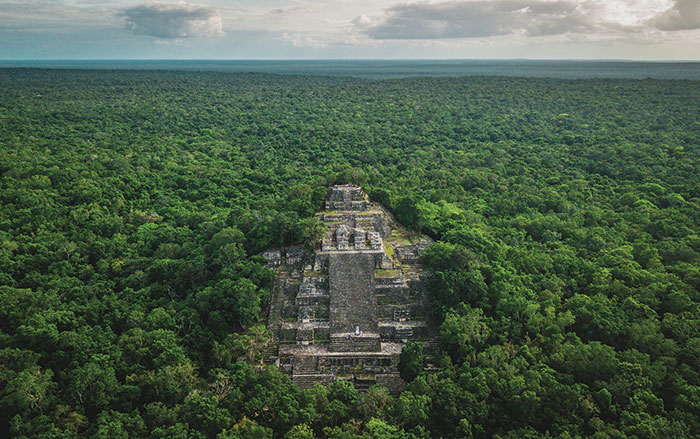
(Adobe Stock)
-
Features May/June 2016
An Overlooked Inca Wonder
Thousands of aligned holes in Peru’s Pisco Valley have attracted the attention of archaeologists
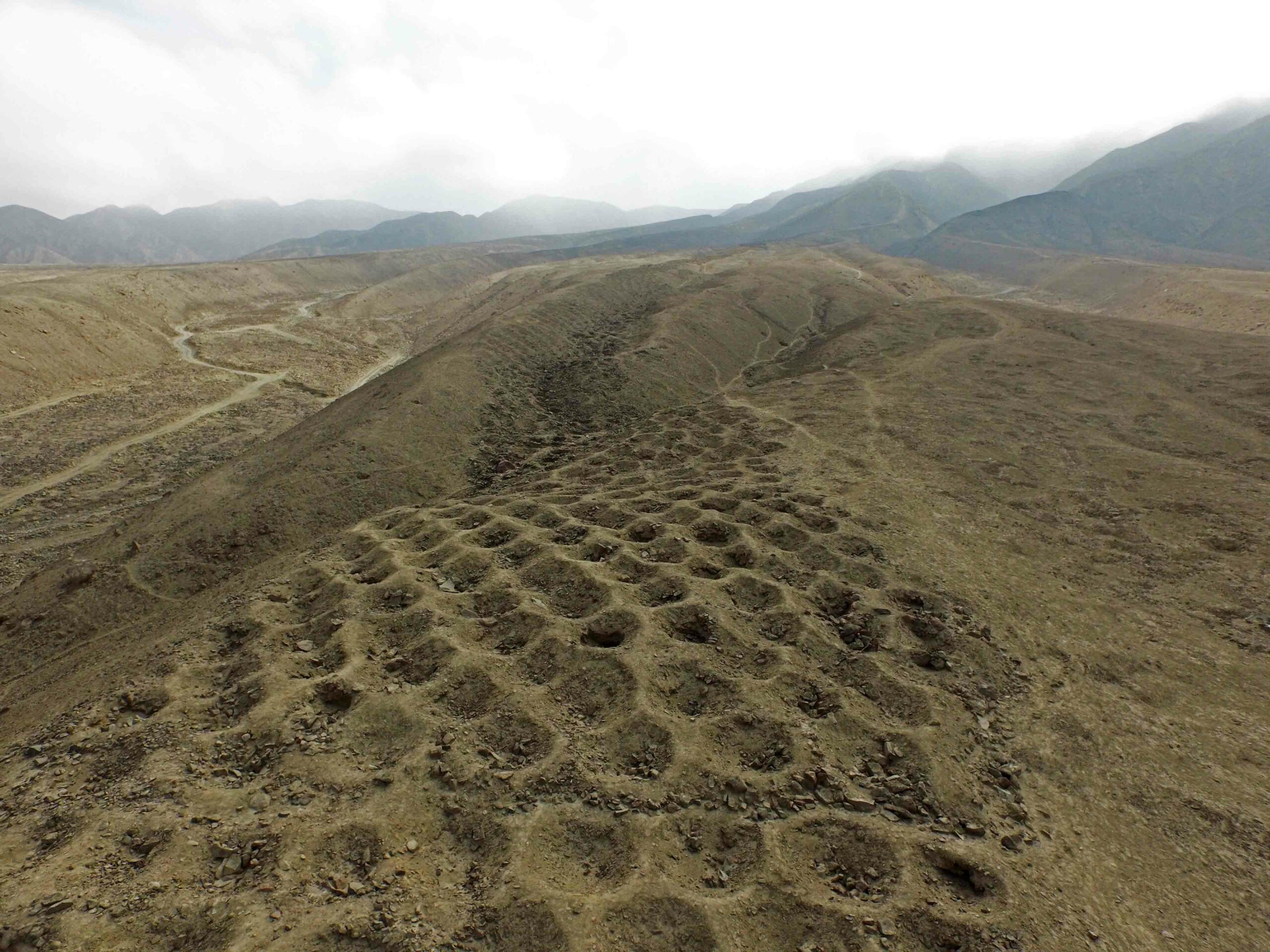 (Courtesy Charles Stanish)
(Courtesy Charles Stanish) -
Letter from Florida May/June 2016
People of the White Earth
In Florida’s Panhandle, tribal leaders and archaeologists reach into the past to help preserve a native community’s identity
 (Mike Toner)
(Mike Toner) -
Artifacts May/June 2016
Medieval Spoon Finial
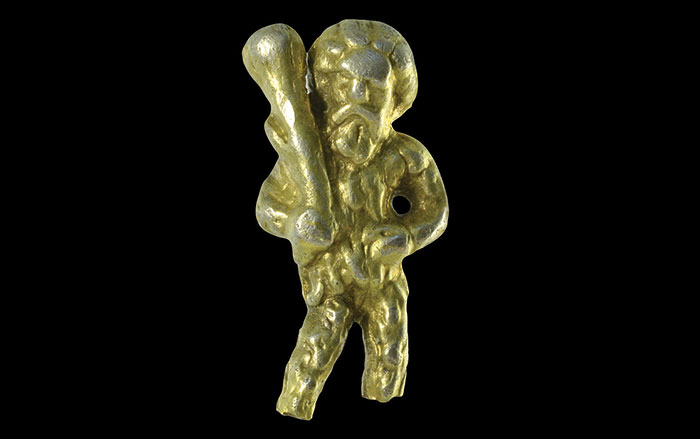 (© Suffolk County Council)
(© Suffolk County Council) -
Digs & Discoveries May/June 2016
Dressing for the Ages
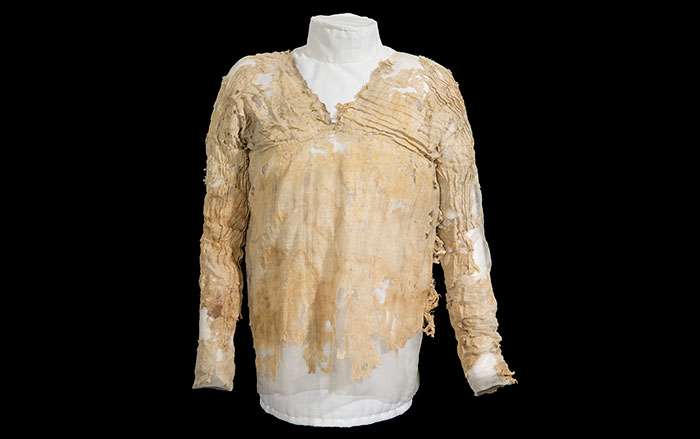 (Courtesy Petrie Museum of Egyptian Archaeology)
(Courtesy Petrie Museum of Egyptian Archaeology)


